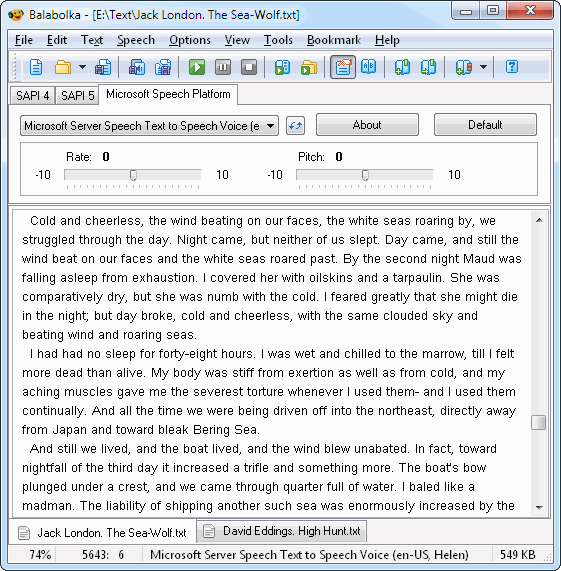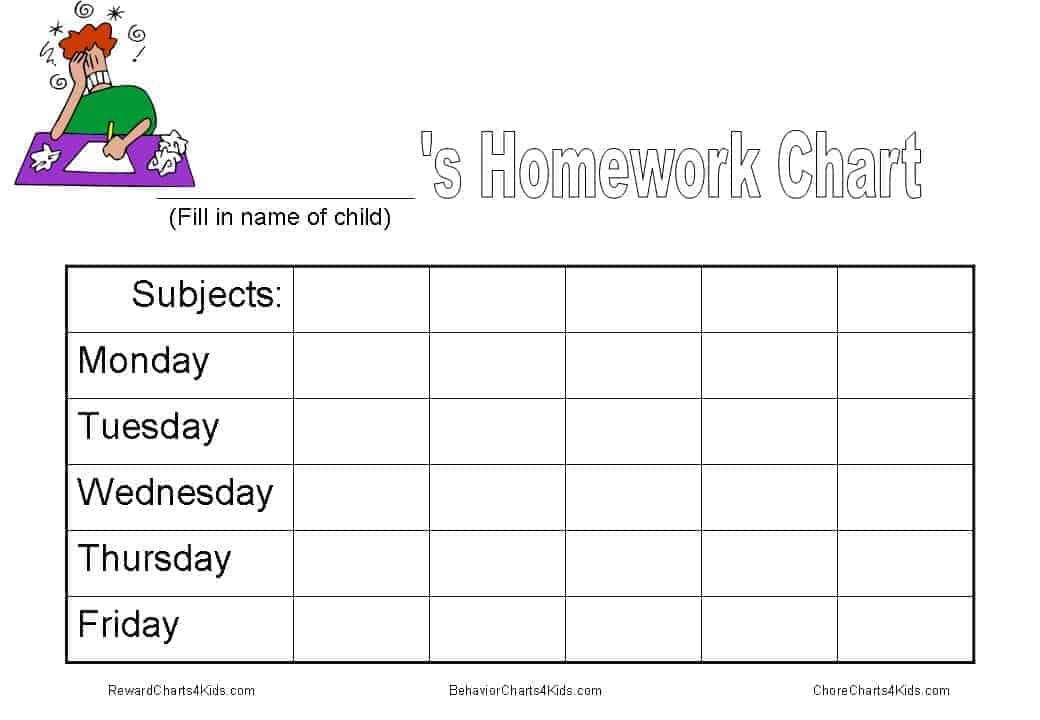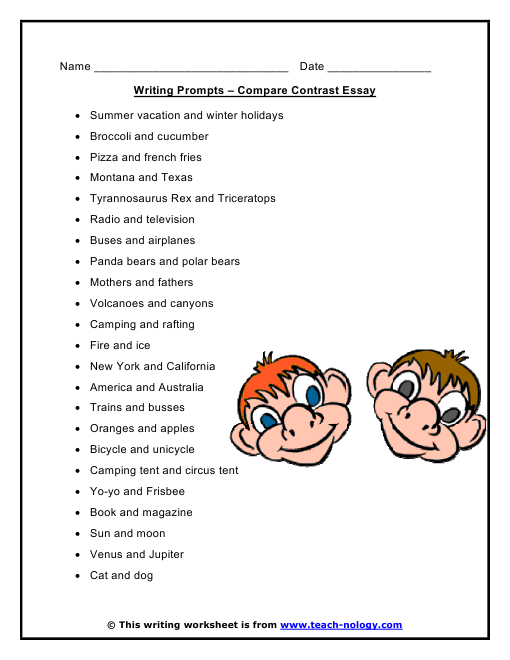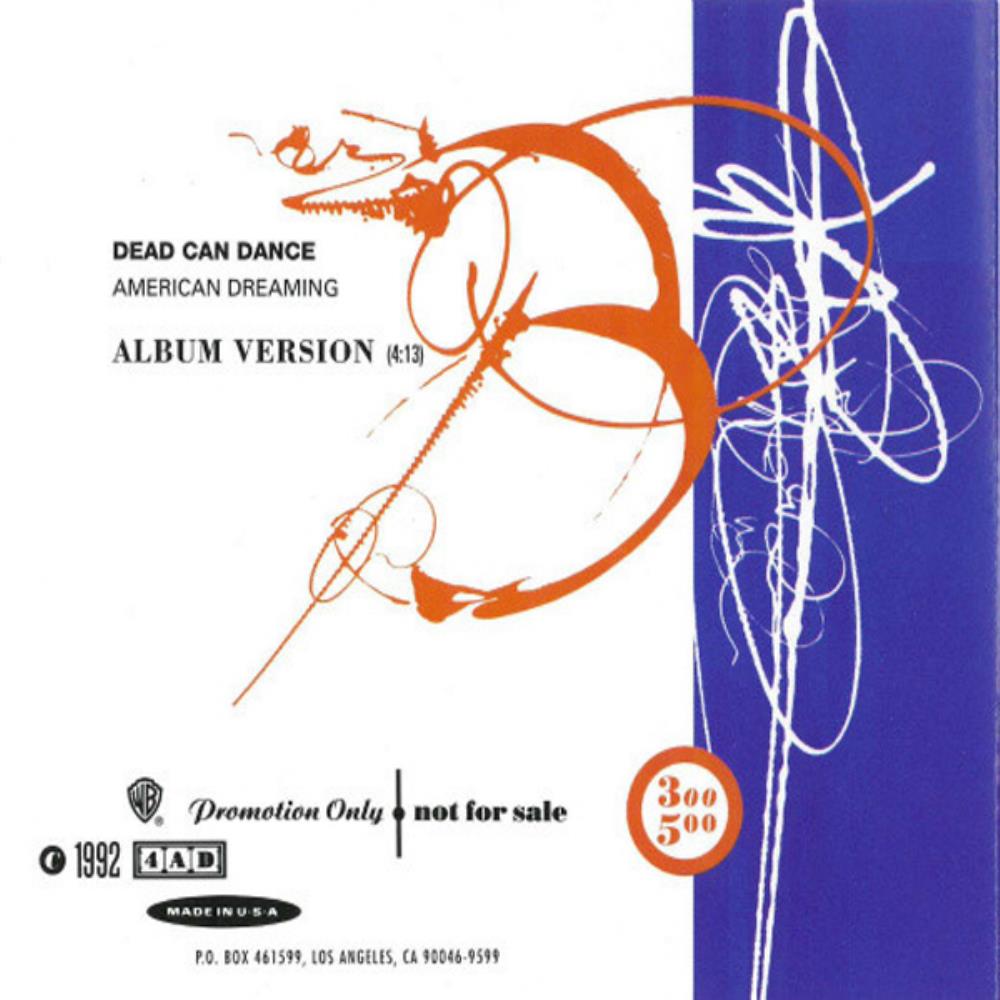Analysis of The Chimney Sweeper by William Blake.
William Blake's Chimney Sweeper In this essay I am going to explore Blake's Chimney Sweeper poems from the Songs of Innocence and the Songs of Experience. During this essay I will cover Blake's life and times and the way chimney sweepers get treated around that time and what Blake attempts to do.The Chimney Sweeper (Songs of Innocence) Introduction. If you've ever owned a chimney, you know that it can get pretty dirty. In addition to the ash that's left in the fireplace, there's a whole lot of soot that gets stuck on the inside of the chimney that you can't see unless you climb up in there with a flashlight.His poetry books Songs of Innocence (1789) and Songs of Experience (1794) contain numerous poems that pair and can be read dialectically to reveal two ways of viewing of similar issues, one from the understanding of a childlike mind and the other of a being with greater knowledge of the world. “Chimney Sweeper” from both books reveals the construction of social hierarchy in Blake’s.
William Blake was a famous writer of the Romantic Age which took place in 1832. William Blake wrote two poems called “The Chimney Sweeper.” The first poem had to do with innocence. The second Chimney Sweeper poem by William Blake had to do with experience. Even though both poems have the same title doesn’t necessarily mean that they’re.The Chimney Sweeper (Songs of Experience) Introduction. If there's one thing that really got William Blake riled up it was chimney-sweeping. Yep, you read that right. Chimney-sweeping. As it turns out, despite what Mary Poppins may have led you to believe, scrubbing flues is not all skipping and singing. Really, it's a messy business, and in the late 18th century, when Blake was at the peak.
.PNG)
The Chimney Sweeper Summary from Songs of Innocence by William Blake - The poem The Chimney Sweeper from Songs of Innocence is about two children who are forced to work as sweepers in a Chimney. One of them was sold by his father after the death of his mother.












